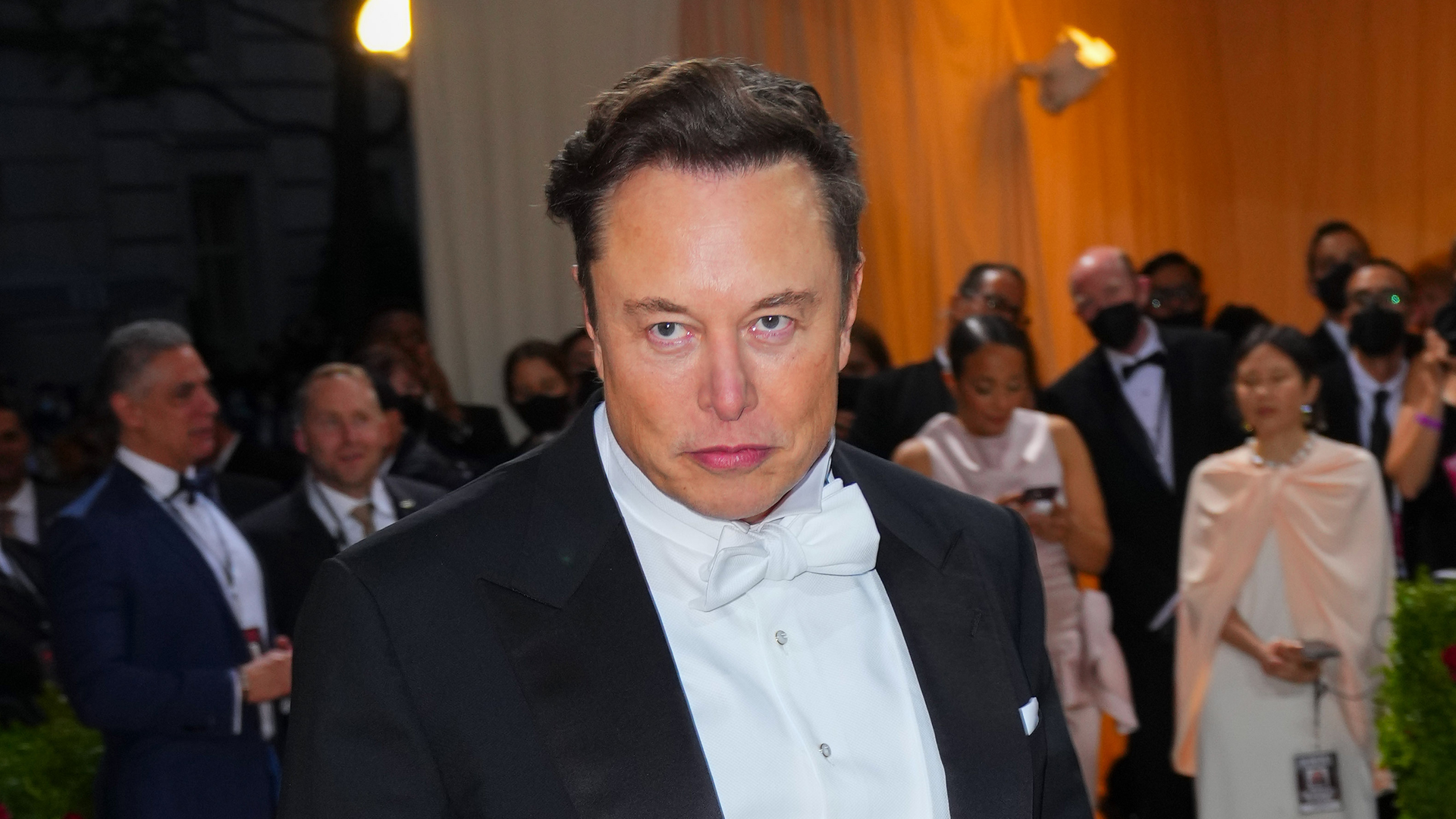Twitter's Elon Musk marriage is packed with risks - according to Twitter
The company's latest SEC filing reads like a cry for help

Sign up for breaking news, reviews, opinion, top tech deals, and more.
You are now subscribed
Your newsletter sign-up was successful
Twitter is living in a present and possible future as fraught as any in its 16-year history.
The pending sale to Elon Musk for $44B and transformation into a private company could mean fundamental changes for the service that's used regularly by at least 300M monthly users (yes, people like you).
To understand what such a sale might mean for Twitter the company (and, as a result, the service), you need look no future than Twitter's own Securities and Exchange Commission (SEC) quarterly earnings filing that lays out a dozen different risks directly related to "the Pending Acquisition by Affiliates of Elon Musk."
To be fair, SEC filings, especially ones relating to a company changing hands or going public, typically feature a "Risks" section, a realistic, if somewhat pessimistic, view of every threat waiting to capsize the good ship Corporation. They usually talk about competitive pressures, economic uncertainties, partner issues, and more.
I often imagine officials reading these documents and cackling at the worry and concern surely etched across executives' faces.
Hello risk
Still, Twitter's filling is a stark reminder of the very real issues at play surrounding Musk's proposed acquisition. It's not just risks, but the way a company at play is one in transition, operating in a liminal space between the company it was and what it will become. This holds true not only for the deal closing but for it falling through, as well.
In addition to listing all the ways this merger between Musk and his partners and Twitter might fall through (stockholder approval, regulatory approval, ongoing litigation, or something that simply makes the completion of the detail impossible) Twitter lists the damage a collapsed deal could wreak.
Sign up for breaking news, reviews, opinion, top tech deals, and more.
One would think that a dead deal would be good news for Twitter, its stockholders, and service members - a return to normal. In reality, there's no going back to before times.
Twitter notes that the stock price could suffer, the market could lose confidence in Twitter, and it could run into cash flow problems. Oh, and they'd have to pay Elon Musk and his partners $1 billion.
That all sounds bad, but the completion of the deal is another minefield.
Done deal
First on the list is the departure of employees. it seems almost guaranteed that Twitter CEO Parag Agrawal would be out after a short transitional period. But Twitter's C-Suite could empty and employees who do not share Musk's libertarian views might also jump ship.
Lawsuits could arise from the merger and damage Twitter's reputation and its relationship with advertisers. Any kind of damage to the latter could have long-term, widespread effects. The free service's revenue model is built on advertising, after all.
Leaving aside these risks, some of which are much less likely than others, there was one line in the risk statement about the Musk merger that stuck with me:
"If the merger is completed, our stockholders will forego the opportunity to realize the potential long-term value of the successful execution of our current strategy as an independent company."
It's a sad, almost plaintive rumination on what's lost: a strategy, a plan for Twitter that would bring value to shareholders and, by extension, I believe, to Twitter users.
It's been clear to me over the last 18-to-24 months that Twitter had a plan and had been executing on it at an ever-accelerating rate. Twitter Blue, Spaces, subscriptions, editable Tweets, and a dozen other features and experiments made it clear that the Twitter I'm using today may look quite different tomorrow.
Whatever plans Twitter had, the micro-manager Elon Musk – who recently promised to make Twitter "as inclusive as possible," – is surely going to adjust or discard them. He will not leave them untouched. Whatever results Twitter users, employees, and shareholders see – if and when this deal goes through – will bear little resemblance to that "current strategy as an independent company."
Elon Musk's Twitter doesn't scare me - even if it terrifies you

A 38-year industry veteran and award-winning journalist, Lance has covered technology since PCs were the size of suitcases and “on line” meant “waiting.” He’s a former Lifewire Editor-in-Chief, Mashable Editor-in-Chief, and, before that, Editor in Chief of PCMag.com and Senior Vice President of Content for Ziff Davis, Inc. He also wrote a popular, weekly tech column for Medium called The Upgrade.
Lance Ulanoff makes frequent appearances on national, international, and local news programs including Live with Kelly and Mark, the Today Show, Good Morning America, CNBC, CNN, and the BBC.